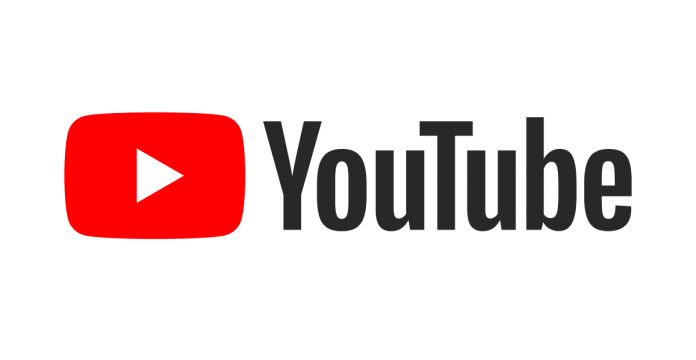In a blow to a certain President’s re-election hopes YouTube will start to display fact check panels to information that is false — or fake as some like to call it. In a bid to stamp out the large volumes of misinformation out there YouTube have decided to introduce the new fact check panels into the US.
Having trialled them in India and Brazil in the past year, the fact check panels show up on searches for topics where fact checkers have published their own relevant articles on the subject in question. The idea is that people are getting far too much inaccurate information online thanks to some groups deliberately spreading their own lies and “alternative facts”.
YouTube have noticed the amount of inaccurate information being spread throughout the US via their platform and have decided to do something about it with the expansion of these panels into the US.
More recently, the outbreak of COVID-19 and its spread around the world has reaffirmed how important it is for viewers to get accurate information during fast-moving events.
The fact check panels “provide fresh context in situations of misinformation by highlighting relevant, third-party fact-checked articles above the search results for relevant queries. This is so that viewers can make their own opinions based on fact. The fact check panels will only show “when people search for a specific claim” but for more general searches they will not.
The fact checking in YouTube is not new but is now being added to search for a “fast-moving news cycle, where unfounded claims and uncertainty about facts are common”:
In 2018, we introduced information panels that help surface a wide array of contextual information, from links to sources like Encyclopedia Britannica and Wikipedia for topics prone to longstanding misinformation (e.g. “flat earth” theories), or more recently, linking to the WHO, CDC or local health authorities for videos and searches related to COVID-19.
For those concerned with the accuracy of the fact check panels (mostly those who disagree with the facts) they rely on an open network of third-party publishers leveraging the ClaimReview tagging system and all US publishers are welcome to participate as long as they follow the “ClaimReview standards and are either a verified signatory of the International Fact-Checking Network’s (IFCN) Code of Principles or are an authoritative publisher.”
At this stage the expansion of the fact check panels is only into the US but will be rolled out to more countries in the future. Hopefully it arrives before people burn down the 5G towers here for some unfounded reason.





